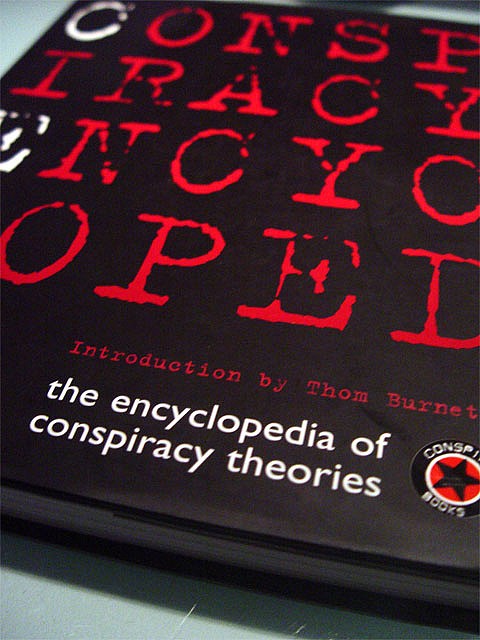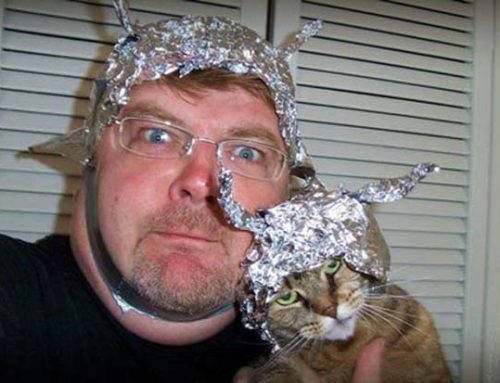The researchers at Social Psychological and Personality Science wanted to know “who falls for conspiracy theories?”
Their study, done in four parts, was concluded using participants from the United States who ranked on a seven-point scale judging extremely left-wing to extremely right-wing ideological views.
The Week summarized the Pacific Standard article reporting on the research, saying:
Those on both the far right and far left tend to “adhere to their belief system in a rigid fashion, leading them to perceive their political ideas as the simple and only solution to societal problems,”
which in turn:
“induces them to perceive evil conspiracies as causal explanations for various events.”
Earlier participants in the Netherlands were presented with six conspiracy theories to rate and those adhering to either of two extreme left and right political views believed:
“…in simple solutions to societal problems. Moreover, belief in simple political solutions was significantly correlated with conspiracy beliefs.”
The article, by Tom Jacob, then goes on to discuss the mind-set behind it all, with a couple of eye-opening statements expressed. So, if you are not a conspiracy theorist, and need to know why that friend of yours is so into them, but you never asked why, check out our source for this brief.
News to Share brief source: Tom Jacobs’s “Who falls for conspiracy theories?” for Pacific Standard via The Week
Image (license CC BY-SA 2.0) by Álvaro Ibáñez via Flickr





